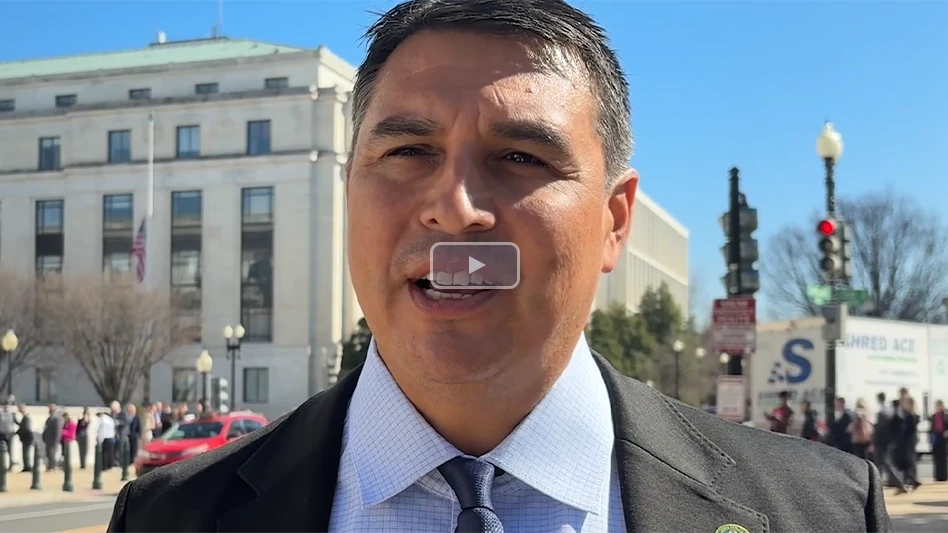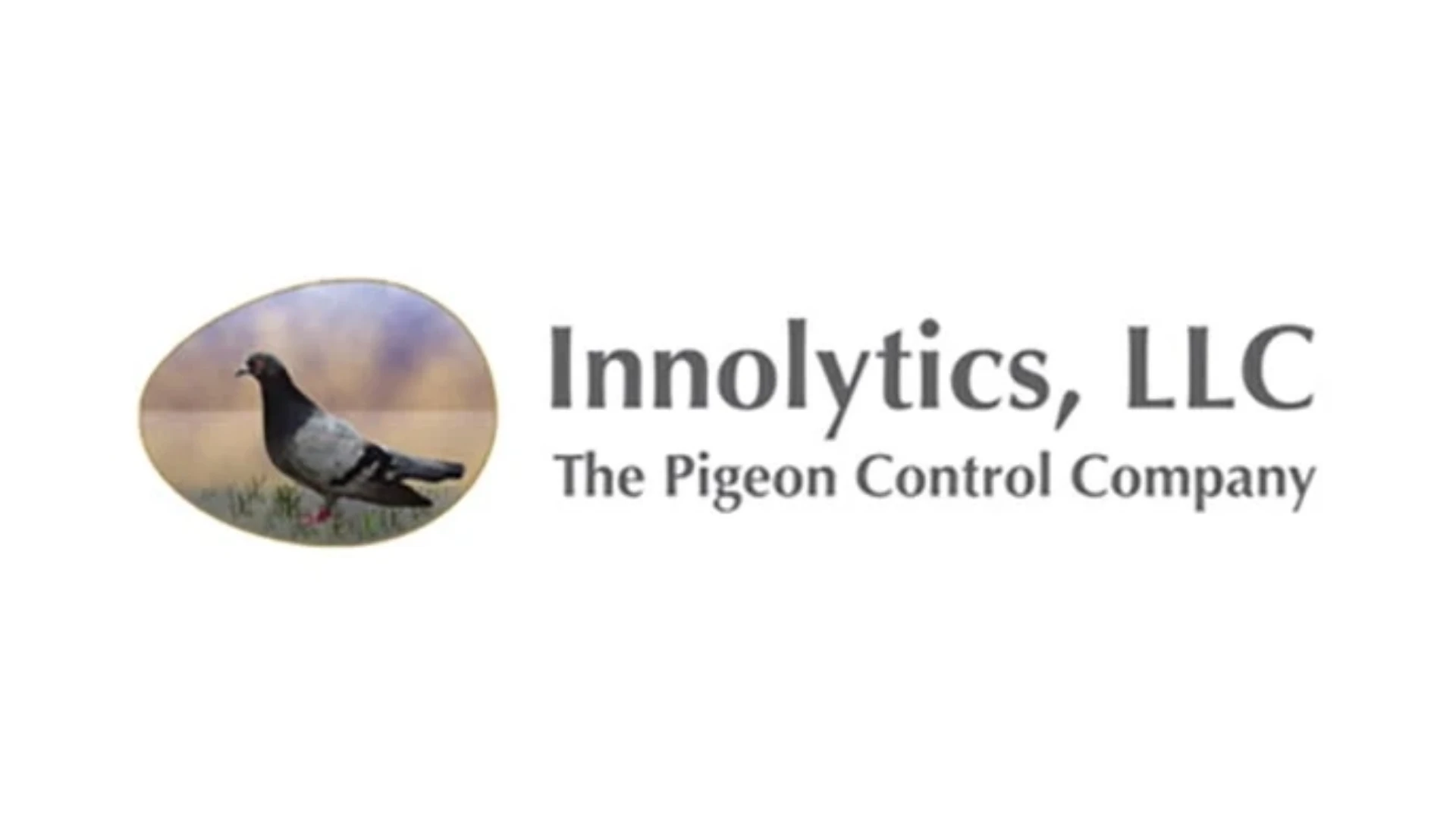WHAT IPM MEANS TO ME
I have to take exception to Richard Kramer’s March "Technically Speaking" column called "Why can’t everybody be a professional?" First off, a chemical spill and a company’s handling thereof have nothing to do with IPM. The use of AP, ZP or any other powder or fumigant for rodents in a facility that houses animals — especially rare ones — is more a sign of plain stupidity than a failure to use IPM.
My main complaint, however, is Kramer’s assumption that anyone who does not practice IPM his way is not a professional. The basic assumption of IPM is identical to that promulgated by the worst of the environmental groups, i.e., that the application of pesticides is inherently harmful. Here in Florida the idea that you can put "just what you need, just where you need it" and be successful is stupid. Every square centimeter has its own insects, and tiny dabs of product here and there do not affect enormous populations of insects. Effective barrier treatments on the exterior of homes are the very least necessary for any kind of real control, and these are acceptable to the IPM ideologue. Yet the same idea on the interior of homes — the "baseboard jockey" interior treatments regularly derided by the IPMers — is somehow not acceptable. This makes no sense.
The original idea of spraying the base of walls (not specifically baseboards) still holds true, that 1) insects seek cover and travel along walls rather than across open floor, 2) insects move about frequently and will fortuitously cross such a barrier and be killed, and 3) products placed along walls are less likely to cause exposure to humans and animals.
Our company uses those IPM practices that make sense in our neck of the woods, but for the most part infestations in Florida are not the result of improper mechanical or social practices that can be "remedied" by IPM. They are caused by unimaginably huge populations of insects that infest homes, buildings and landscaping with total disregard for the puny efforts of those locked into an IPM mindset. It requires pesti-cide(s) to control these populations, particularly outside structures, and, not believing there is any harm inherent in such applications we use them widely. As for "spray and pray," here it is "don’t spray and pray" but put the savings from not treating customers’ homes in your pocket. That’s what most IPM is in Florida — an excuse not to apply products because they cost money. We spend the money to do right by our customers, and I will stack our callback ratio (less than 2 percent) against any company’s.
Roger D. Owens
Sunrise Pest Control
Ft. Pierce, Fla.
Readers are invited to write to 4012 Bridge Ave., Cleveland OH 44113. Letters also can be e-mailed to jdorsch@pctonline.com. Letters may be edited for space or clarity.

Explore the July 2003 Issue
Check out more from this issue and find your next story to read.
Latest from Pest Control Technology
- Neighborly Pest Management Continues Fighting Invasive Pest
- Rollins Reports Q1 Revenues Up 9.9% YOY
- Are You Covering Your Marketing Basics?
- Did You Order Mice With That?
- Arrow Exterminators Opens New Residential Service Center in Metro Atlanta
- CAPMA Hosts 2025 Legislative Day in Sacramento
- Grizz Pest Management Bartends for a Cause
- Rose Pest Solutions Becomes Official Pest Provider of Chicago Fire FC





